En el Séptimo Día (On the Seventh Day): An interview with director Jim McKay
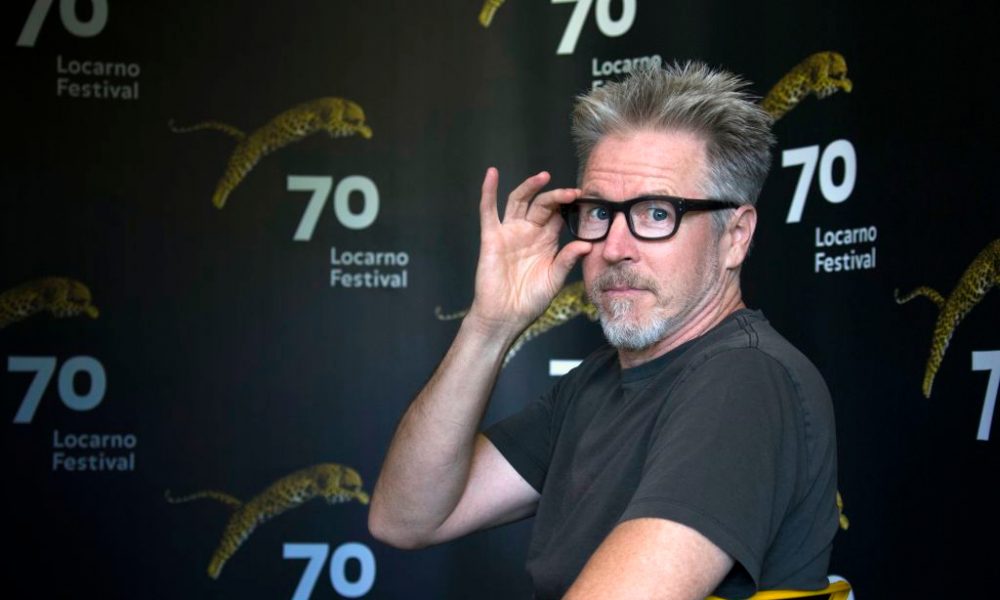
En el Séptimo Día is the latest work from American director Jim McKay. It is being shown in competition at Locarno Film Festival, closing this year’s selection. The film features a largely nonprofessional cast depicting a Mexican immigrant community in Brooklyn, with McKay focusing on their love of football.
We interviewed Jim McKay in the Magistrale on the day of the press screening of En el Séptimo Día. We spoke with him about his newest feature, his previous work and his thoughts on the festival.
Hello Jim. How difficult was it to film the football sequences?
I was frightened how we would place on that. It was a very small shoot and a short schedule. Every single soccer field was booked when we wanted to shoot. We had a main cast of actors, all of whom worked almost every day apart from Sunday, which is an interesting reflection of the film. And when we shot the match, the light was dimming. We had to cobble together lots of two-hour slots. Every Sunday we would go to the apartment to film. In the afternoon we would go to the soccer fields. We tried to have three cameras together. We practised for about three months before. They’re not meant to be great players and this is what I had to remind the actors – it’s about the joy of playing not how good you are. We had a lot of moments that were choreographed. We needed a certain number of saves and goals scored. Then it was all in the edit room to try and piece it together. It was tricky. It was tough.
Are you a football fan?
I’m a fan more in theory than in practice. I don’t go every week or follow teams but I appreciate it as an American and how it challenges every concept I have about sports. You have to have patience. It’s not just about scoring. It’s about the set-up, the passing and the teamwork. I appreciate it on a sociological level as a much a sport.
Does football have an important role for immigrants in America?
Absolutely. You can’t underestimate the statement you’ve just made. When you go on the weekends to Queens and Brooklyn – that’s what people do with their time. Some are semi-pro and are amazing in the league, and some play it for fun. There are actually a lot of immigrants who choose a job based on being able to play football.
How did you find the lead actor who plays José?
Like the rest of the cast, we just found him on the street. We based ourselves on the business strip on Sunset Park. I would try to watch people walk down the street and you can see something in someone, how comfortable they are in their own bodies. You think a person’s interesting and try to talk, give a scene and let them audition. Fernando [the actor who plays José] had been out in a soccer top because he does distance running. He was really engaging. He’s very much like the character on some levels, and then not at all. He studies English, takes salsa lessons and goes skydiving in upstate New York. He had a lot of ambition, and I liked that for the role.
How did you wish to depict New York in the film?
One thing we were dedicated to was neighbourhood specificity. We knew people in New York would watch it and know where everything was. We tried to use the map of the neighbourhood. It’s not always the most photogenic area, sometimes it’s very generic. Every once in a while it would be tempting to get something more beautiful and grandiose but I just wanted it to be true.
Did you do a lot of empirical research on Mexican immigrant communities?
I did enough to feel comfortable with the material. There’s universality in the storyline. I also didn’t want to be too ethnically precious. When they’re eating in the apartment, it’s hamburgers rather than tacos.
How did you try to depict the white American characters in the film?
I wanted to make sure that I wasn’t too arch. I very carefully weighted the scenes where José delivers food. I think the level of how we see and communicate with people…we’re not always conscious of that. It would be too easy to make the boss, for example, a total exploitative asshole. It’s more challenging to offer nuance.
Can you explain the religious implications of the title and the film?
I’m not religious at all, but I do like Pope Francis. I knew my character was going to be religious. Raining Stones by Ken Loach inspired me. It’s a very simple story about pride and dignity, and that idea led me to this film. A good idea from the Bible is the day of rest. You can connect this to issues of labour – you do this work and you deserve something from that. What do we deserve as human beings? Where can we draw the line? When can we say no? How can we say, “my life is worth something”.
You’ve worked in both television and film. What’s the difference?
Working in television is a craft. Working in film is an art. I write my films. When I direct a TV show, someone else has written it. You’re serving someone else’s vision. For instance, it was amazing working with David Simon on The Wire, which was my first job in television. I loved how David made a neighbourhood and a city into a character. But with film, all the decisions are down to you.
Joseph Owen
Photo: Locarno Film Festival / Massimo Pedrazzini
Read our review of En el Séptimo Día (On the Seventh Day) here.
For further information about Locarno Film Festival 2017 visit here.

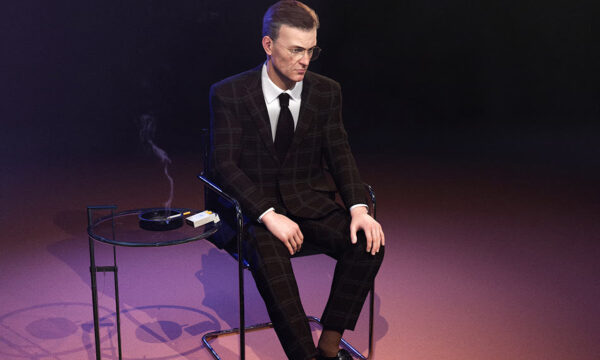

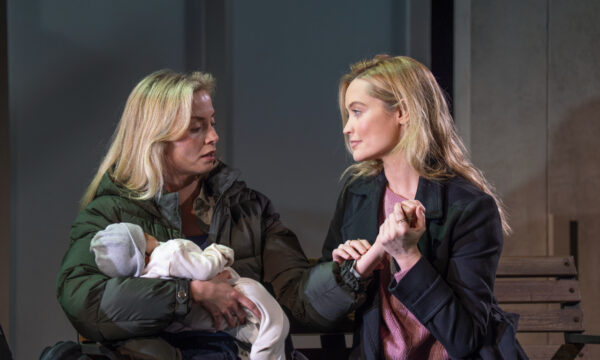
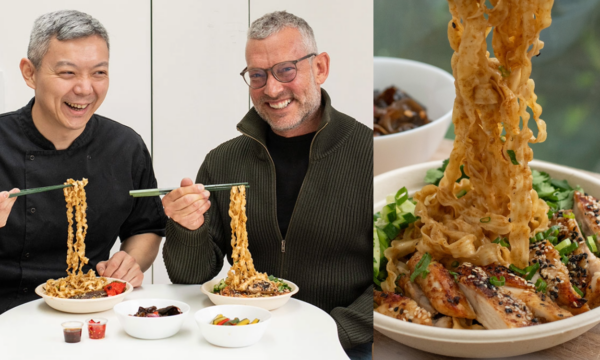

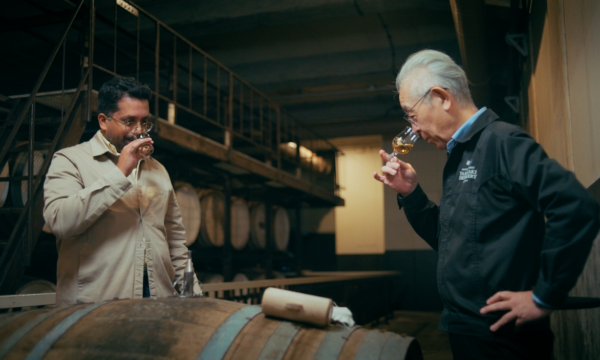
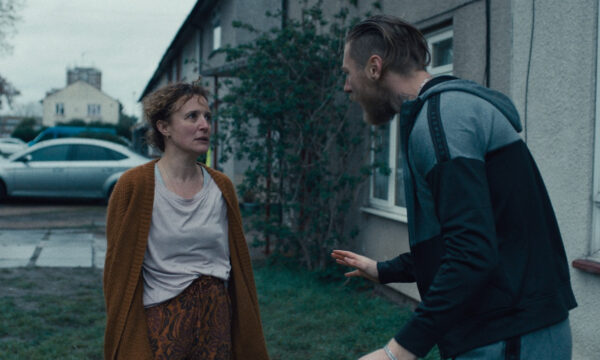









Facebook
Twitter
Instagram
YouTube
RSS